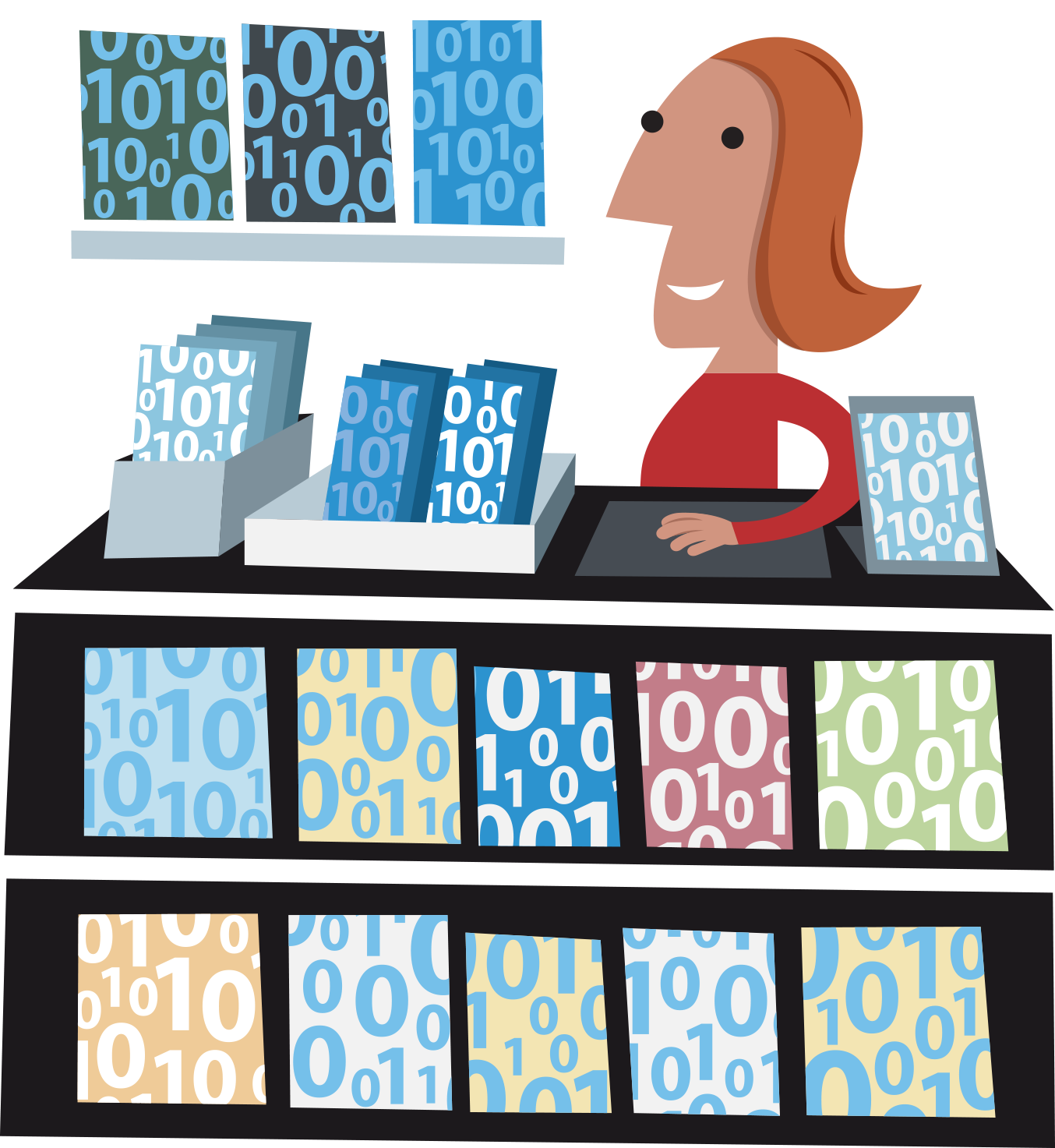How the Institutional Data Repository helped me promote my data
Background I have recently completed a project that involved curating, researching and staging three performances of live electronic music compositions by the English composer Hugh Davies (1943-2005). Staging these concerts has, in many cases, involved building the equipment required to perform them from scratch, based on incomplete or ambiguous information gleaned from archival documents. In addition, these are experimental pieces, with scores that comprise text-based instructions and descriptions rather than standard notation, as well as other inherently unpredictable elements that mean that the pieces turn out differently every time they are performed.



